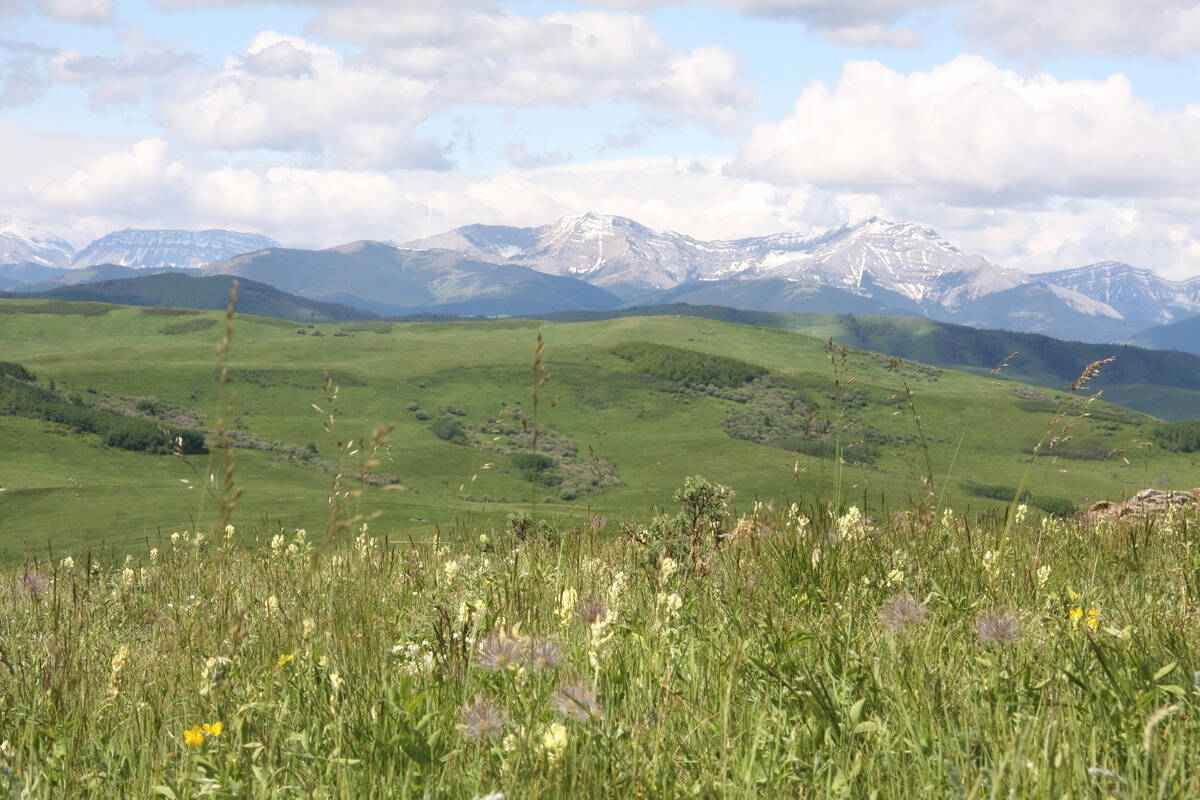SHAKESPEARE, Ont. – More than a third of Denmark’s 3,000 hog farmers have joined a business trend that industry leaders see as an environmentally friendly and perhaps profitable way to deal with manure.
They have invested in biogas plants that take raw manure, allow it to ferment for several weeks in an anaerobic digestion tank and then return the less-odorous and environmentally safer sludge to farmers for spreading on their land. The methane from the manure is burned to create electricity.
“I think this is a very good solution for farmers,” Danish consultant Jens Do Neilson said Nov. 19 during a conference on nutrient management challenges in this farming community in the middle of southern Ontario’s intensive hog industry.
Read Also

Selenium not deal breaker in coal mining: expert
Environmental scientist weighs in on coal mining debates in Western Canada, explaining selenium and the technologies and practices to lower its concentrations in nearby waterways to coal mining operations
“It gives them a better fertilizer product to sell, offers them a chance to make some money from it, helps society and meets environmental goals. I think it is a very good solution.”
Of course, there is a cost. He estimates that more than 1,000 Danish hog farmers have invested in 20 large industrial plants, with an average individual investment of $100,000.
More than 50 farmers have created smaller on-farm plants, although he said their size discourages economies of scale.
He said more producers have shown an interest and the Danish government offers tax incentives and grants to encourage the development, which it sees as an effective way to meet public concerns over pollution and the greenhouse gas reduction targets of the Kyoto Protocol.
Still, just five percent of Danish hog manure, about 1.3 million tonnes, is processed through the digesters. The plants also take cattle manure and urban bio-waste.
In an interview after a presentation to the conference, Neilson said 25,000 tonnes of manure is the minimum required to make a large plant economically viable.
That may be one of the reasons Ontario agriculture ministry manure specialist Jake DeBruyn said there is little Canadian hog industry interest yet in the digester system. Canadian hog farmers are usually far less concentrated than in Denmark, one of the most intensely farmed countries in the world.
However, he said in some areas of Canada the digester may be a solution to issues that face hog barns: increasing regulation, rising greenhouse gas emissions and opposition from neighbours angry over smells or pollution.
“There isn’t much activity yet but there is potential for sure,” he said.
Farmers at the meeting quizzed the Danish consultant on the projected return on investment.
He said the plants more than pay for themselves over 10 years, in part because there is a fixed 10-year price that the electrical utility must pay for the electricity generated.
Neilson said there are many advantages to the plants, in addition to the electricity produced.
They produce heat that often is used to warm water in villages near the plant.
And they produce a natural fertilizer that has lost much of its smell. “The slurry produced also is free of disease germs and weed seeds,” he said.
The result of this growing industry is rural employment, reduced pollution and a sharp reduction in farmer purchases of commercial chemical fertilizer, said the consultant.
The Danish hog industry is negotiating with the government to win some financial compensation for the industry’s reduction in greenhouse gas emission.
“That would be a good development, to get more revenue,” he said in the interview. “More important is the environmental credit we are getting and that is a very big issue in Denmark now.”














